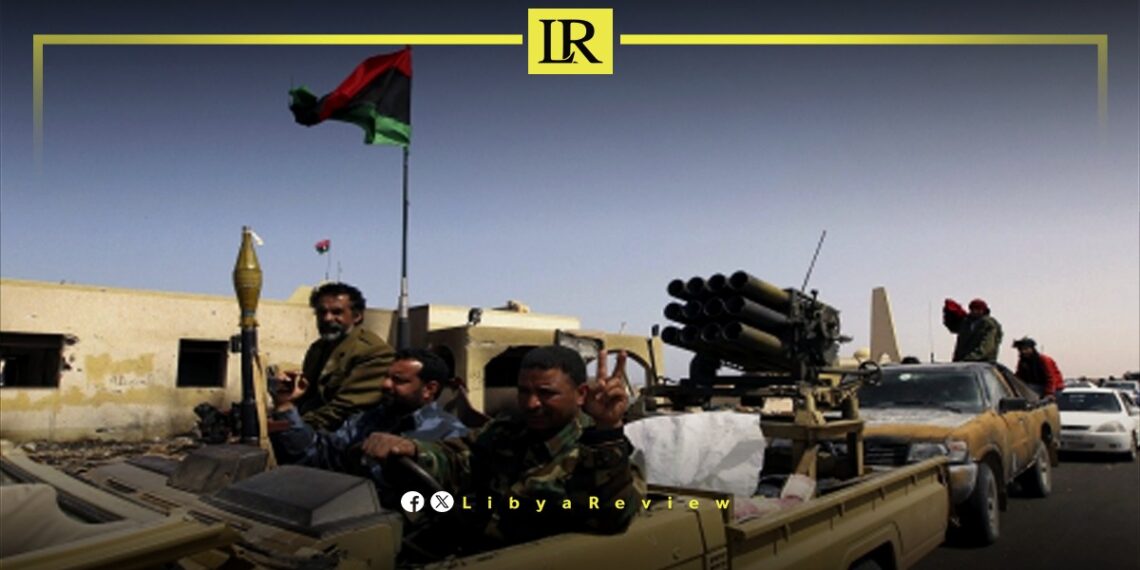Voices in Libya have recently called for a new unified government to lead the country towards presidential and parliamentary elections. This follows the second expanded meeting of members from both the House of Representatives and the High Council of State, held in Cairo, Egypt, a few days ago.
During the meeting, members of both councils agreed on the necessity of conducting presidential and legislative elections following laws issued by the House of Representatives. They also proposed a roadmap to complete the necessary prerequisites for holding these elections.
In their final statement, they agreed to form a new unified government. The House of Representatives will announce the opening of candidacies, start receiving nominations, and review the applications of candidates for the leadership of a new national unity government that will oversee the country’s affairs.
They emphasized the need to intensify and unify efforts to end the political and institutional division, which exacerbates corruption, high costs of living, and unprecedented deterioration in citizens’ living conditions.
Libyan House of Representatives Speaker Ageela Saleh announced his support for the outcomes of the meeting, affirming the implementation of its final statement and initiating the procedures to form the new executive authority.
However, the pressing question remains: Can the new government conduct elections amidst the continued presence of militias in western Libya, which control key areas, along with ongoing security issues and intermittent armed clashes?
Libyan writer and political analyst Jibril Al-Obaidi argued that for over a decade, Libya has been struggling with two rival governments vying for legitimacy, power, and control over public and private assets.
This situation has threatened the integrity of Libya’s territory amidst complex global and regional conditions, where international and regional interests in Libya’s wealth fuel the political conflict and fragmentation.
In his article in the London-based newspaper Al-Sharq Al-Awsat, Al-Obaidi noted that while the Cairo meeting emphasized election laws previously produced by the “6+6” Committee, these laws were frozen and overlooked by both the House of Representatives and the High Council of State, as well as the international mission, which the Cairo meeting criticized for its failure.
He continued, stating that even if the Cairo meeting successfully produces a unified government, the situation will remain unchanged as long as the government operates from Tripoli, which is under the control of political Islam militias, pay-for-play militias, and mercenary guns.
This leaves the government in a state of continuous extortion and subjugation by militias. Therefore, the priority should be dismantling militias and expelling mercenaries. Otherwise, forming a unified government will be futile, repeating past failures.


